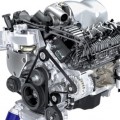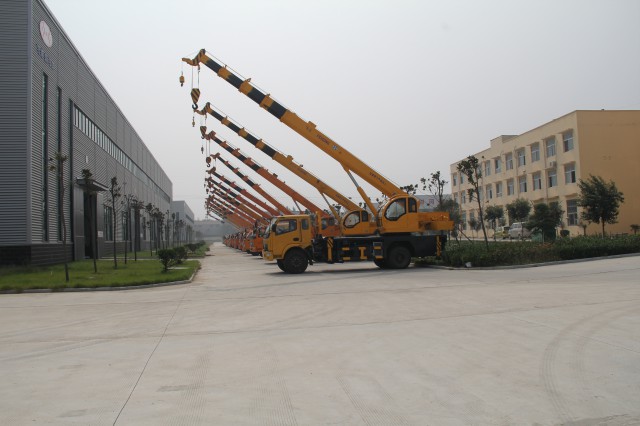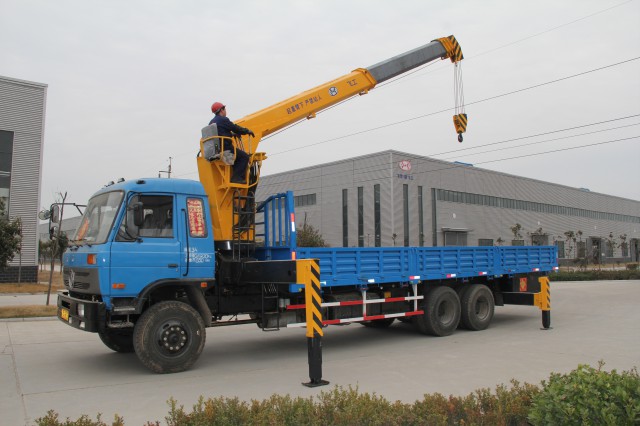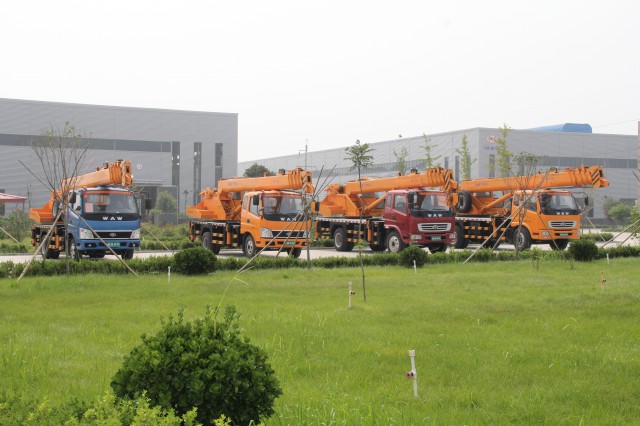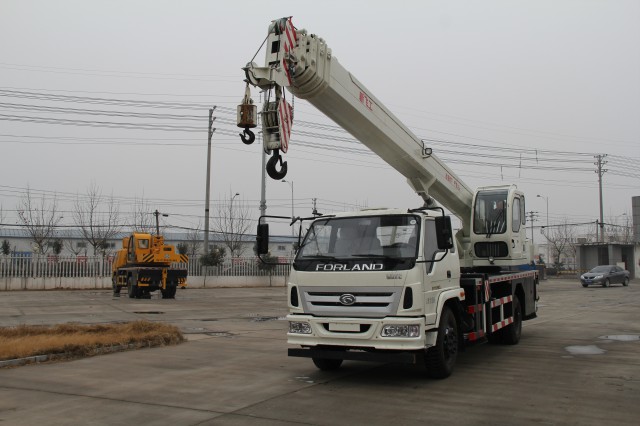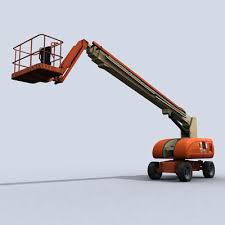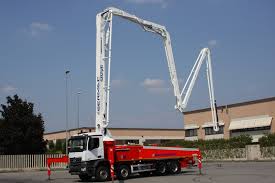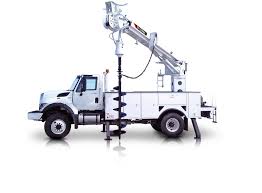A diesel mechanic performs preventative maintenance and repairs on diesel engines and vehicles. He or she might specialize by working with large trucks and buses, passenger vehicles, or heavy machinery such as bulldozers, cranes, and tractors. Diesel mechanics are valued for their expert knowledge of brake systems, transmissions, and electronic components unique to diesel powered vehicles.
Diesel mechanics are often required to perform routine maintenance checks on vehicles and machinery. They may follow an inspection checklist or rely on their previous experience to ensure everything is in proper working order. If serious problems are found during amaintenance inspection, mechanics typically make notes and schedule necessary repairs.
When repair work is needed, a diesel mechanic will carefully assess the problem and acquire any necessary replacement parts. Depending on the nature of a repair job, he or she may use pneumatic tools, welding and cutting equipment, and various hand-held wrenches and screwdrivers. Once repairs are completed, the mechanic starts the engine to make sure it runs properly.
Most modern diesel engines are equipped with several electronic components and computer processors. Therefore, it is very beneficial for a diesel mechanic to be proficient with computers and have a strong understanding of electronics. They often use diagnostic machines and computer software to ensure all electronic parts are working correctly.
To become a diesel mechanic, a person is usually required to be at least 18 years of age and possess a high school diploma or GED. Continuing education is not typically required, though many community colleges and vocational schools offer diesel engine repair programs. Such programs, which take from six months to two years to complete, provide students with hands-on and classroom training. Some schools even offer job placement services to help beginning mechanics to find work.
While no specific license or certification is required to work as a diesel mechanic, many new workers choose to obtain special credentials offered by a nationally recognized organization, such as the National Institute for Automotive Service Excellence (ASE) in the United States. A mechanic with at least two years of experience can become certified by passing an ASE test. With certification, a mechanic becomes a more desirable prospect to potential employers and customers.
A majority of diesel mechanics are employed by the truck transportation and manufacturing industry, performing regular maintenance on large trucks, buses, and heavy equipment. Some work for specific construction and manufacturing corporations, where they maintain and repair company vehicles and machinery. Other diesel mechanics are employed in independent shops that service passenger vehicles.


